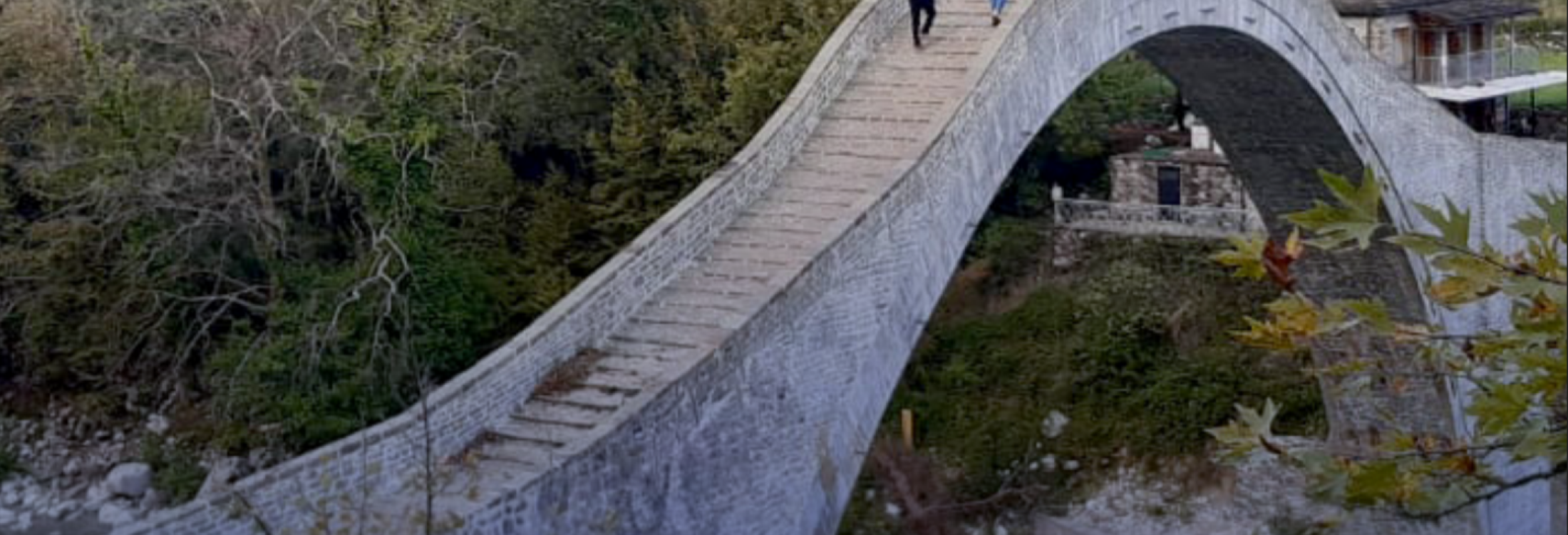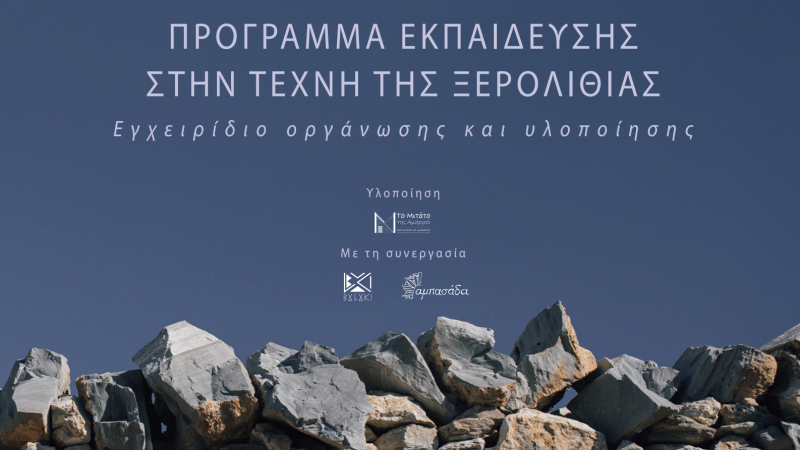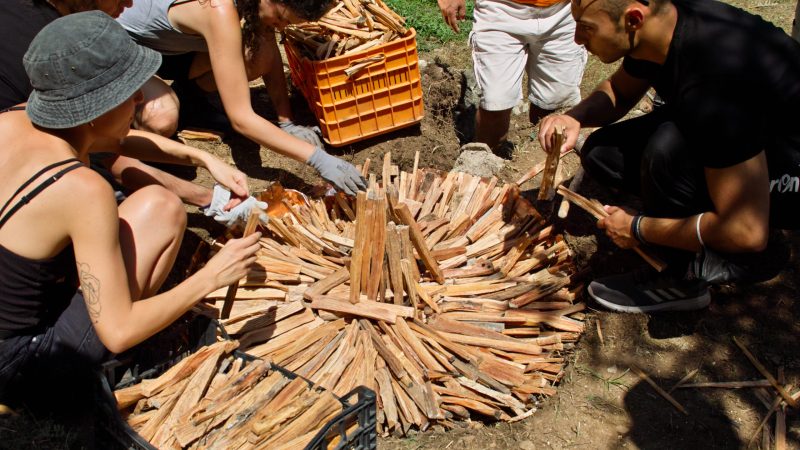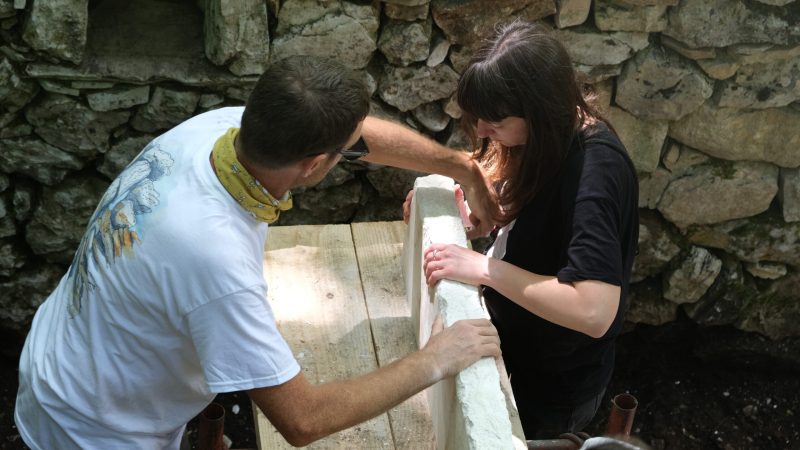
HERO Heritage Restoration at the Crossroads
The publication aims to shed light on current challenges but also good practices encountered on restoration sites in Europe and proposes recommendations towards European stakeholders directly involved with the heritage restoration activities from a policy and strategic aspect, a technical and ecological aspects and also from a socio-economic point of view, as it has been clearly demonstrated, that heritage restoration stands at the crossroads of different policies, strategies but also solutions.
The H.E.R.O project was implemented under the Erasmus+ programme and was completed after 3 years (2021-2024) of transnational cooperation between 4 actors Acta Vista (France) leading partner, Bao Formation (France), Pour la Solidarite (Belgium), 4Grada Dragodid (Croatia), Boulouki (Greece).
The file is available in English.
See also...
- Educational material
The manual aims to guide organisations and civil society groups who wish to actively engage in the efforts towards the conservation and transition of knowledge of the dry stone craft, assisting them with the planning and realisation of educational programmes in order to secure minimum educational and quality standards. The suggested methodology and structure take into account the particularities of the Greek territory and the conditions of isolation that are often in place, either due to insularity or mountainous terrain. It is therefore a programme that can be adjusted and realised anywhere, tapping into local techniques, knowledge, and craftsmanship.
The manual is the result of the research and practical implementation realised in 2025 by the Mitato of Amorgos, in collaboration with the Itinerant Workshop on the Traditional Building Crafts Boulouki and the Cultural and Environmental Association of Tinos “Ambassada”, in the context of the project “Allaximaria: Design and implementation of a standardised dry stone workshop”.
The file is available in Greek.
- Publication
This study examines the traditional technology of pine tar kilns in Greece, focusing on the case of Distrato in Epirus, where the last traditional artisans reside. Pine tar (katrami) is a viscous liquid produced by the destructive distillation of resinous wood, primarily from pine trees. This practice has a long history globally and in the Mediterranean, with applications in medicine, cosmetics, fuels, and waterproofing for construction and shipbuilding.
Authors: Christos Theocharis, Ioanna Doutsis, Panos Kostoulas, Grigoris Koutropoulos
The file is available in French.
- Educational material
This series consists of six capacity-building workshops for cultural heritage professionals in the framework of ECHOES project. It aims to deepen knowledge in critical topics related to cultural heritage activities and building crafts, targeted to educators, community leaders, or cultural practitioners.
- Education and Awareness on Architectural Heritage
- Heritage & Environmental sustainability
- Heritage-led Communities development
- Documentation of Traditional Knowledge
- Cultural Exhibition Design
- Creative Industries & Traditional Crafts
Enhancing Cultural Heritage Skills Across Europe (ECHOES) project, led by partners from Croatia (DRAGODID), Greece (Boulouki), and Ireland (Dry Stone Wall Association of Ireland – DSWAI), is dedicated to the preservation, advancement, and promotion of European cultural diversity and heritage. The project is co-funded by the European Union, Creative Europe Program, action “European Cooperation Projects”.


